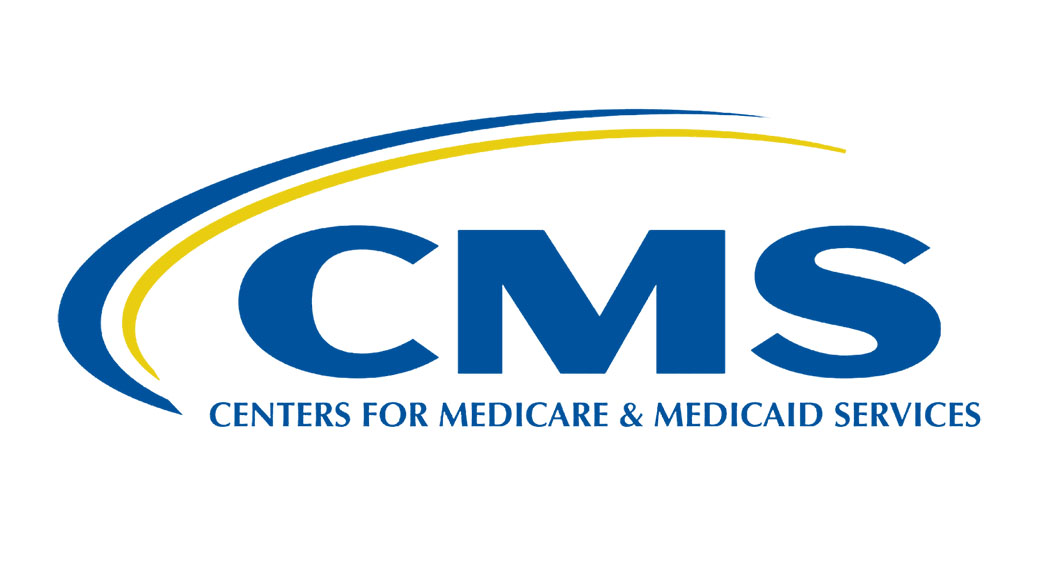
10 Jul America’s CMS Conditions of Participation
In America, Medicare and Medicaid pay for primary health care services for millions of people. In 2015, Medicare reported over 55 million enrollees, and in 2017, Medicaid reported over 74 million enrollees, for a total of 129,000,000 people receiving federal health care benefits from the national agencies. All beneficiaries receive services from local health care clinics, medical offices, and hospitals, and each of those health care facilities must maintain specified standards to receive reimbursement for services rendered. Those standards are called the “Conditions of Participation,” (CMS Conditions of Participation) and surveys conducted by the Centers for Medicare and Medicaid Services (CMS) ensure that providers within America’s health care system remain in compliance with them.
The Purpose of CMS Conditions of Participation
The CMS Conditions of Participation establish baseline protocols of sanitation and other health care practices to protect patient health and prevent the outbreak of communicable diseases. Accordingly, they address both administrative and practice areas, to ensure each facility has the governance and professional services in place to provide adequate, reimbursable care to its local citizens. At the least, each accredited organization must have:
- A qualified governing body (42 C.F.R. § 482.12);
- A quality assurance plan to assess facility-wide patient care practices (42 C.F.R. § 482.21);
- A medical records management system that ensures compliance with applicable patient privacy laws (42 C.F.R. § 482.24);
- A consistent review protocol that regularly assesses the services provided by the facility and its staff (42 C.F.R. § 482.30), and
- A physical plant that protects patient safety and the delivery of services appropriate for the community in which it is located 42 C.F.R. § 482.41).
Ongoing Assessment of Both the Rules and the Industry
Just as the health care industry evolves over time, so do the CMS Conditions of Participation. Often, revisions in the CoPs result from circumstances experienced in the field that reveal issues or concerns that are likely to be found in other centers. For example, recent revisions of the priorities of the CoPs include:
- the requirement of sprinklers and smoke alarms in nursing facilities;
- the use of alcohol-based hand sanitizers in those facilities;
- and the requirement for immunizations of nursing facility residents.
Failure to stringently follow the CMS Conditions of Participation can result in not only patient harm or death but also decertification of the establishment and a denial of reimbursement for the services it provided to its local population.
